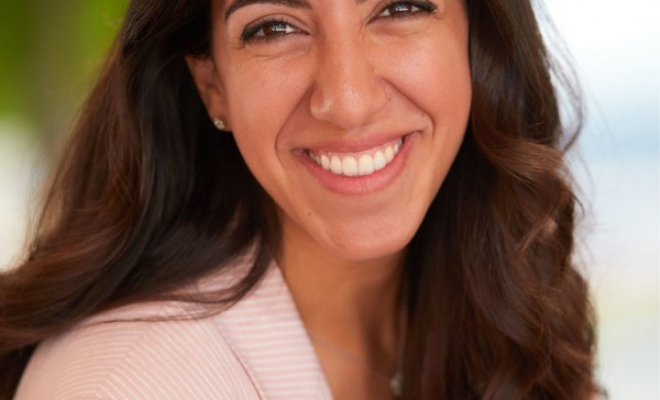
Interviews
How Dina Elabd is Championing the Arabic Language
Egyptian-American children’s author and critic Dina Elabd is a force to be reckoned with. From the moment she steps in the room it is hard not to be intoxicated by her whimsical charm and passion for literature and the Arabic language. Over the years Dina has made a name for herself, she started the children’s magazine Kaleidoscope, is a board member on The Egyptian Board on Books for Young People (EBBY), and has written and published a range of works for children and adults. Her accolades and awards are numerous but Dina truly practices what she preaches; for over ten years she has been at the helm of children’s book publishing, writing, promoting, and critique in the region. Flair Magazine wanted to know more about Dina and how she continues to inspire those around her.
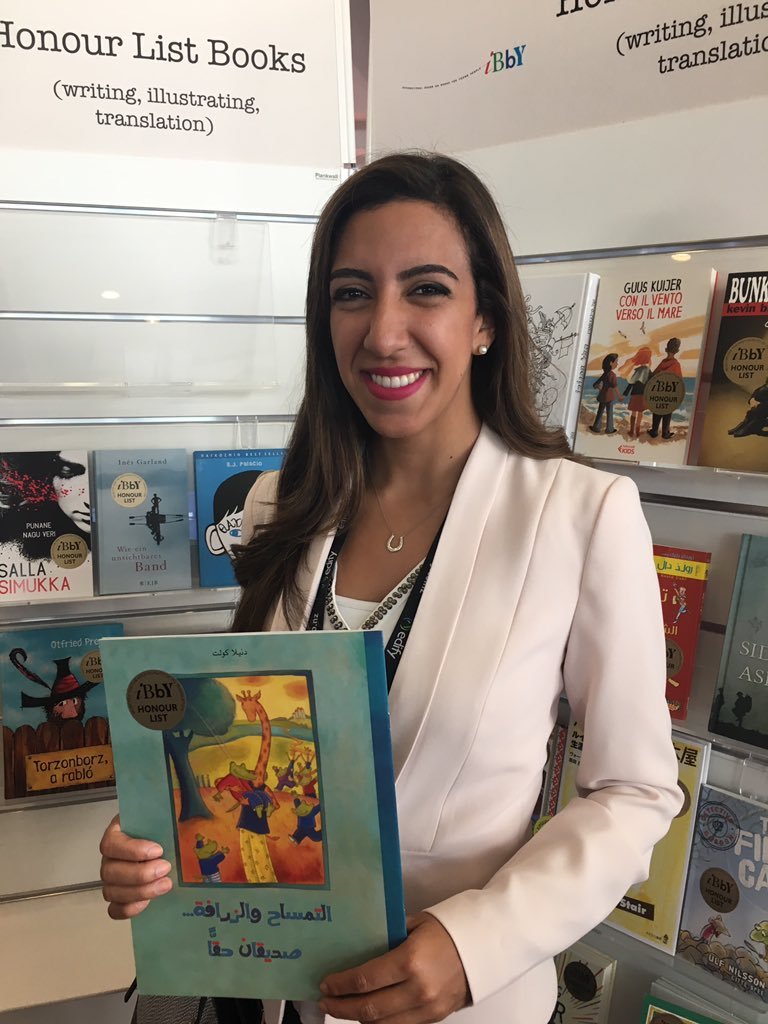
Interview:
How would you introduce yourself to someone who doesn’t know you?
I’m someone who loves to write and imagine a more beautiful world through stories! I’ve been writing since I was eight years old, and it has always brought me so much comfort. Luckily, I’m good at it and determined enough to keep writing books and promoting good stories in Egypt and abroad. I’ve studied children’s literature at the University of Cambridge and published four books until today. Also, I work hard in teaching others how to write good books through workshops and book coaching. I am working hard to contribute to developing a huge amount of incredible children’s books in Egypt.
What do you have in your home office? Describe your writing space.
My dining table! There’s usually hot tea and biscuits nearby, and the room has to be completely neat before I begin writing!
Where do you draw inspiration from?
Relaxing, going out, people, places, everything!
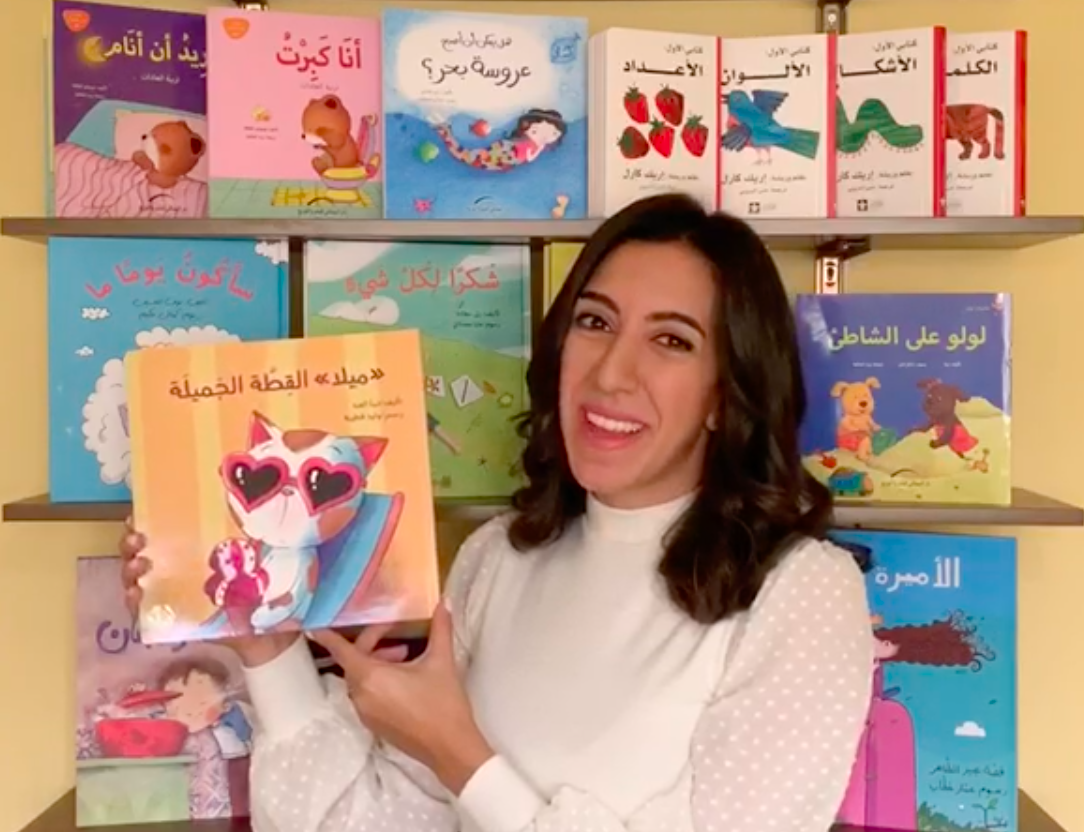
Your YA novel, “Melouq” takes place in a fictional town on the north coast of Egypt. Do you think it is important for Egyptians to see more representation in English language literature?
Definitely! During my time as a teacher in an international school in Egypt, I noticed that my students were reading solely in English, rather than both English and Arabic. And that’s due to a huge difference in the quality of books being produced in Arabic and English, and that reading Arabic just isn’t promoted as much as it should be. So, if Egyptians are going to reading in English, I feel it’s really important to be able to read about people like you and your own culture. That is one of the best ways to be able to analyze, change, and improve it. And English children’s books about Arab or Egyptian culture are rare at best.
You are a champion of the Arabic language. Do you think your time in America has given you a different perspective on the importance of preserving linguistic and cultural heritage?
For sure. I was born in the USA and lived there for twelve years before moving to Cairo. At that time, my Arabic was nearly non-existent. I’m very happy to now be fluent in Arabic and believe that attractive Arabic children’s books would have made a huge difference in my upbringing. I was a bookworm, after all! But, those were simply unavailable to my family in the USA at the time. For that reason, I founded my company Arabic Book A Month to provide quality Arabic children’s books to families worldwide. I find the Arabic language and culture to be beautiful, and am certain that books are an important medium for preserving this culture.
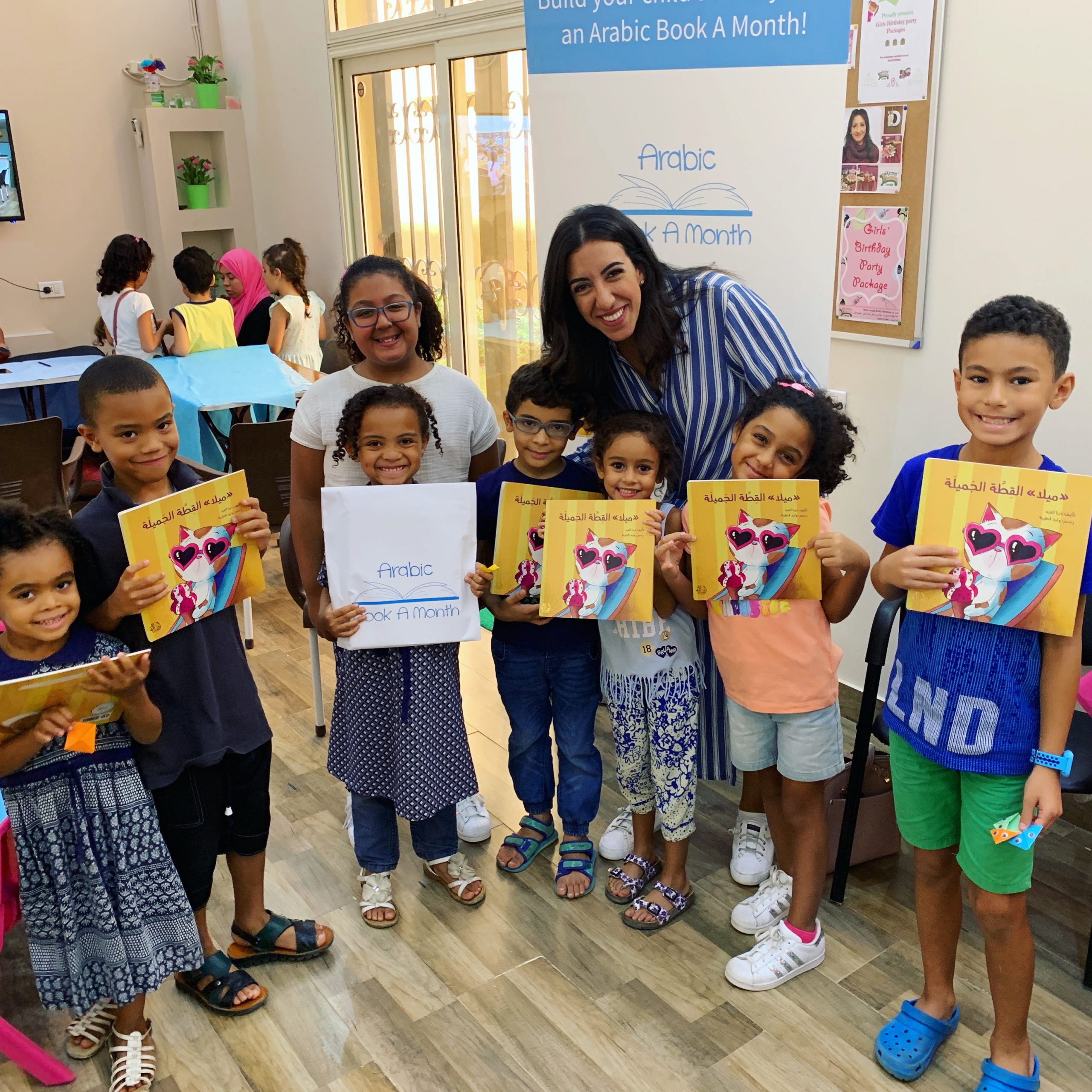
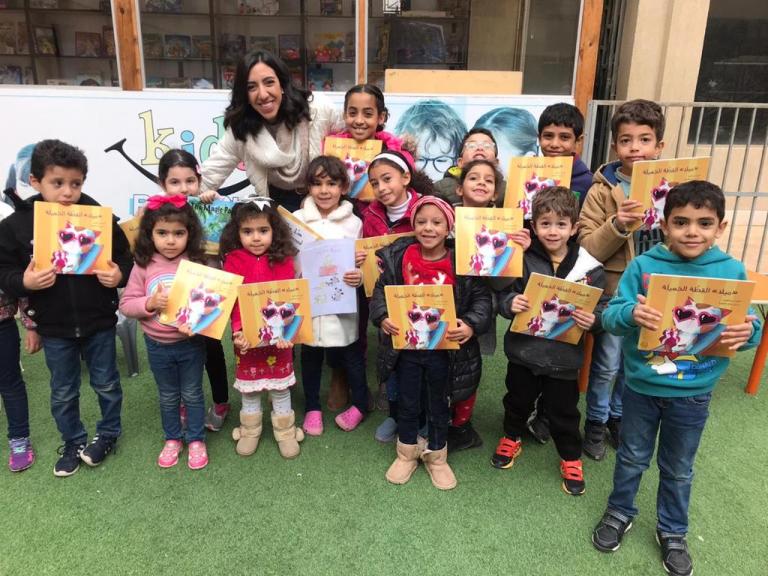
Favorite book of all time?
Harry Potter and the Half Blood Prince (Part 6)
Favorite Middle Eastern author?
Taghreed Al Najjar
The best compliment you’ve ever received?
Being a really good friend
What’s one thing people don’t know about you?
I have lots of ideas for books and not enough time to write them all!
Heels or flats?
Heels
Lipstick or lip gloss?
Lipstick
To learn more about Dina and her work visit: https://dinaelabd.com/

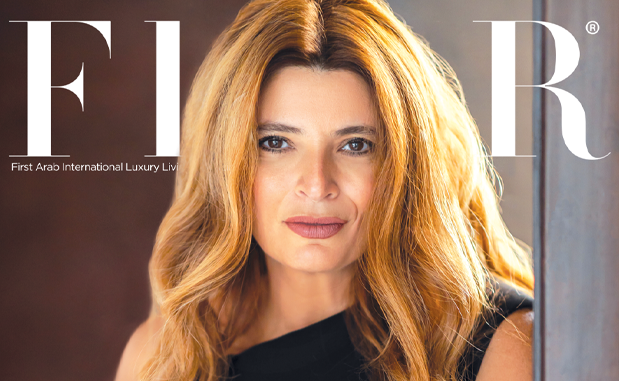


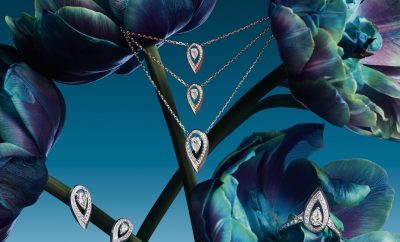

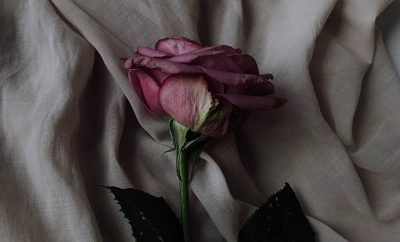



0 comments